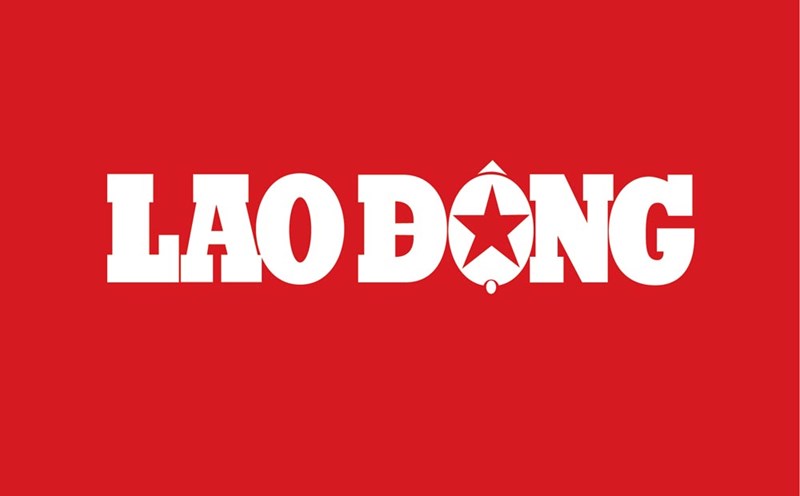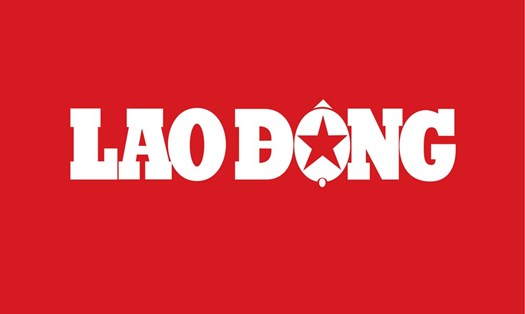Bloomberg reported that gas prices in Europe have increased for the past 4 consecutive days with an increase of more than 10%. The main reason is supply concerns as the gas transit contract between Russia and Ukraine expires on December 31, 2024.
This instability comes as gas demand is expected to increase sharply due to colder weather, aggravating the situation of depletion of reserves faster than usual.
The gas transit contract between Russia and Ukraine, which plays a key role in the European gas supply chain, is coming to an end. Ukrainian President Volodymyr Zelensky has said Ukraine will not allow the transit of Russian gas if it benefits the Kremlin financially in the context of the ongoing Russia-Ukraine conflict.
This is especially worrying for countries such as Slovakia, which are heavily dependent on gas flows through Ukraine and are seeking alternatives to avoid serious financial impacts from supply disruptions.
Although Europe has tried to reduce its dependence on Russian gas, many countries still rely on it. If transit flows are completely stopped, demand for liquefied natural gas (LNG) could increase sharply, increasing competition with Asian countries, especially as LNG expansion projects globally are being delayed.
Meanwhile, data from Gas Infrastructure Europe shows that the European Union's (EU) gas reserves have decreased by about 19% from late September to mid-December, higher than the usual decrease due to colder weather and reduced LNG imports.
Natasha Fielding, an expert at Argus Media, commented that the current EU reserves are about 75% of the capacity, slightly above the 10-year average but significantly lower than nearly 90% in the same period last year.
In the context of rapidly depleting gas reserves, replenishing reserves next year could face many difficulties and higher costs. Although gas prices have now fallen as much as 90% since the peak of the summer crisis in 2022, Europe still faces great pressure to meet the goal of filling 90% of reserves before November, according to the European Commission's direction.











